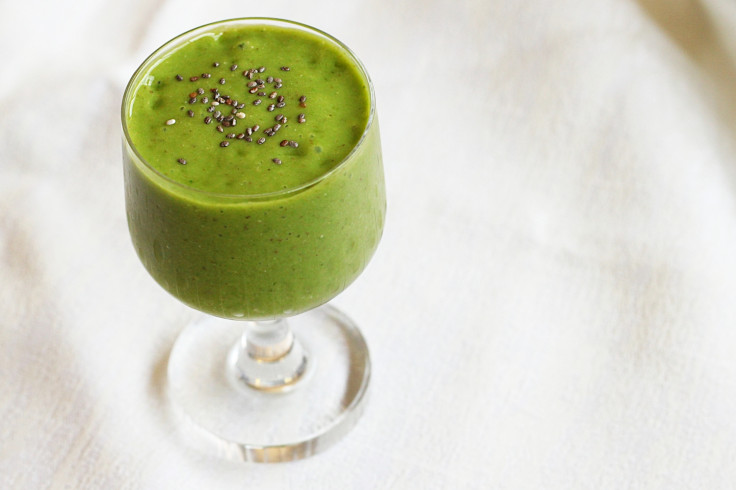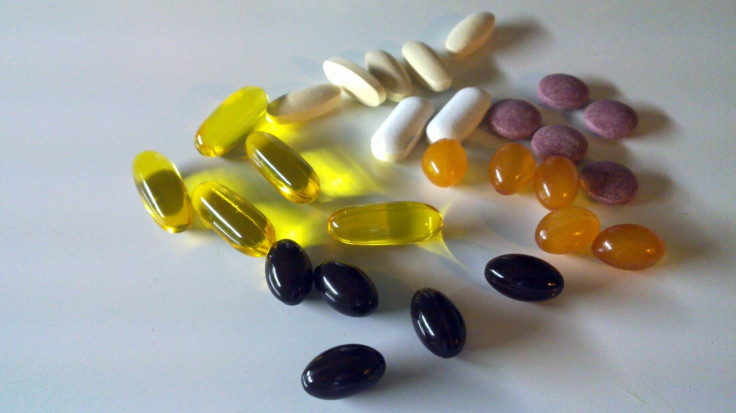How taking care of your gut bacteria could improve your anxiety
The psychobiotic revolution is just beginning and it could change the way we treat mental health problems.

In the past 30 years, there has been a massive decline in the development of strategies to treat anxiety and mood disorders. Focusing less narrowly on the brain itself and more on gut bacteria could redefine the way we approach mental health.
The stall in conventional treatments has happened despite tremendous advances in neuroscience, genetics and brain imaging technologies. In both animals and humans the neurobiology of fear and anxiety is being exquisitely dissected at a cellular level, yet translating these efforts to usable treatments has been challenging, with many pharmaceutical companies prioritising their efforts into other disease areas.
At the same time, there is an amazing growth in industrial and academic innovation focused on deriving health benefits from the microbiome, the collective genes of the trillions of microbes that inhabit our gut. There is a growing realisation that these gut critters play a fundamental role in shaping all aspects of physiology, including brain function and the way our bodies manage stress. This could be the start of the psychobiotic revolution.
We are only at the beginning of trying to understand how this happens, but these are exciting times. Many mechanisms have been shown to be involved, including activating a long wandering nerve called the vagus nerve, which sends and receives signals from the body's internal organs to the brain, immune activation, and production of chemicals such as short chain fatty acids, vitamins and neurotransmitters.
Interestingly, most of the common neurotransmitters in the human brain which anti-anxiety and antidepressant medications modulate such as GABA and 5-HT can be produced by bacteria. The implication of this is only slowly being unravelled.
The 'mice in the bubble'
If you take away the gut bacteria, the structure and function of the brain changes. One way we and others have been investigating such effects is to study the brains of mice reared in a germ-free environment. You've probably heard of the 'boy in the bubble' – well these are the 'mice in the bubble'.
These mice grow up with no exposure to bacteria, and as a result they have alterations in memory and emotional state. When they are stressed they have much greater hormonal responses. These mice also show autistic-like patterns of behaviour, spending as much time focusing on inanimate objects as on other mice and showing increased repetitive behaviours.

Most recently we showed that these mice have major changes in the amygdala, an almond-shaped area of the brain that is critical for anxiety and fear responses. The animals have aberrant fear memory responses. Such behavioural and physiological changes are driven by alterations in the underlying brain chemistry. The mice experience dramatic changes in serotonin transmission, as well as changes in key molecules such as brain-derived neurotrophic factor, which plays a fundamental role in forming new connections in the brain.
What does all this evidence suggest? That the microbiome in early life is essential for normal brain development – and that changes in the microbiome may be a susceptibility factor for a variety of brain disorders including anxiety disorders.
Taking care of your microbiome
These findings lend credibility to targeting the microbiome for mental health benefits. This can be done by probiotics, prebiotics, diet or even potentially faecal transplant. For such approaches we have coined the term psychobiotics.
Although the field of psychobiotics is in its infancy, there are already promising signs, especially from animal models. Can we take psychobiotics instead of Prozac? It's early days and the results of full randomised-controlled-trials are still awaited. But emerging data in the literature is encouraging.
A 2013 neuroimaging study in healthy volunteers showed that a fermented milk product containing four different probiotic bacteria was linked to a reduced response in a brain network involved in the processing of emotion and sensation. More recently we have shown that a selective psychobiotic could reduce stress responses and alter brain electrical activity. In the past month studies from McMaster University and the University of California, Los Angeles, have shown that the microbiome can be targeted to affect brain function and behaviour in patients with Irritable Bowel Syndrome.

Road to revolution
However, we are still a long way from the development of clinically proven psychobiotics. Despite marketing claims to the contrary, most putative probiotics have no psychobiotic activity. Until recently, lax regulation in both the US and the European Union allowed manufacturers to make outlandish claims without supporting data.
This situation is changing to protect consumers from fraudulent marketing, but the reality is that only a small percentage of bacteria tested have positive behavioural effects. Some bacteria fail to survive storage in the health food store or are killed by acidity in the stomach. Even if they do survive gut transit, they may be devoid of health benefits. Moreover, there is a need for critical investment in human intervention trials to determine what are the ideal characteristics of a psychobiotic.
In the 20th century, the major focus of microbiological research was on finding ways to kill microbes with antibiotics. This century the focus has changed somewhat, with a public recognition that bacteria may have beneficial effects on health. Hopefully soon the psychobiotic revolution will firmly take hold and we will appreciate that a healthy gut microbiome may be essential to happiness as well.
John Cryan and Ted Dinan are Principal Investigates at the APC Microbiome Institute in Cork. They are co-authors of the forthcoming book The Psychobiotic Revolution: Mood, Food, and the New Science of the Gut-Brain Connection. Their research is funded by Science Foundation Ireland and a variety of food and pharmaceutical companies.
© Copyright IBTimes 2025. All rights reserved.






















